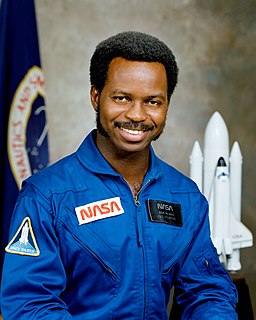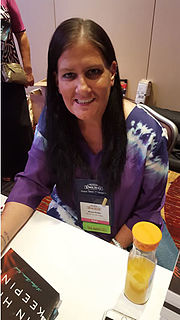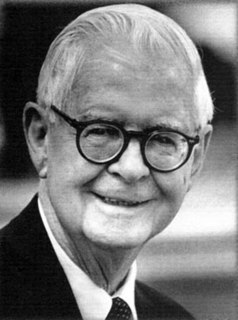A Quote by Carolyn Hart
Words are, quite simply, weapons. How a person or an act or a thought looks depends entirely upon how - and by whom - it is described.
Related Quotes
How many slams in an old screen door?
Depends how loud you shut it.
How many slices in a bread?
Depends how thin you cut it.
How much good inside a day?
Depends how good you live 'em.
How much love inside a friend?
Depends how much you give 'em.”
? How Many, How Much by Shel Silverstein
“Tell the truth, or someone will tell it for you.
Inspiration is everywhere - life, travel, childhood, nature - it depends on how you see it, how you can absorb the inspiration, and it depends on how your mind thinks. It could be a pattern on the floor that may be the next pattern I put on a cake, it just depends upon how you take it, when you're seeing it and what you're looking for.
Our strategy is how we cope--how we measure and weigh what is to be said and when, what is to be done and how, and to whom and towhom and to whom, daily deciding/risking who it is we can call an ally, call a friend (whatever that person's skin, sex or sexuality). We are women without a line. We are women who contradict each other.
What is the only provocation that could bring about the use of nuclear weapons? Nuclear weapons. What is the priority target for nuclear weapons? Nuclear weapons. What is the only established defense against nuclear weapons? Nuclear weapons. How do we prevent the use of nuclear weapons? By threatening to use nuclear weapons. And we can't get rid of nuclear weapons, because of nuclear weapons. The intransigence, it seems, is a function of the weapons themselves.
Land mines, torture equipment, cluster bombs, chemical weapons are weapons designed to inflict pain and death on human beings. Most victims are civilians, women and children. How can arms manufacturers, weapons designers, plant managers, politicians, who have families of their own whom they love, be so insensitive when it comes to the suffering of other human beings?
When we try to describe one person to another …, what do we say? Not usually how or what that person ate, rarely what he wore, only occasionally how he managed his job—no, what we tell is what he said and, if we are good mimics, how he said it. We apparently consider a person's spoken words the true essence of his being.






































